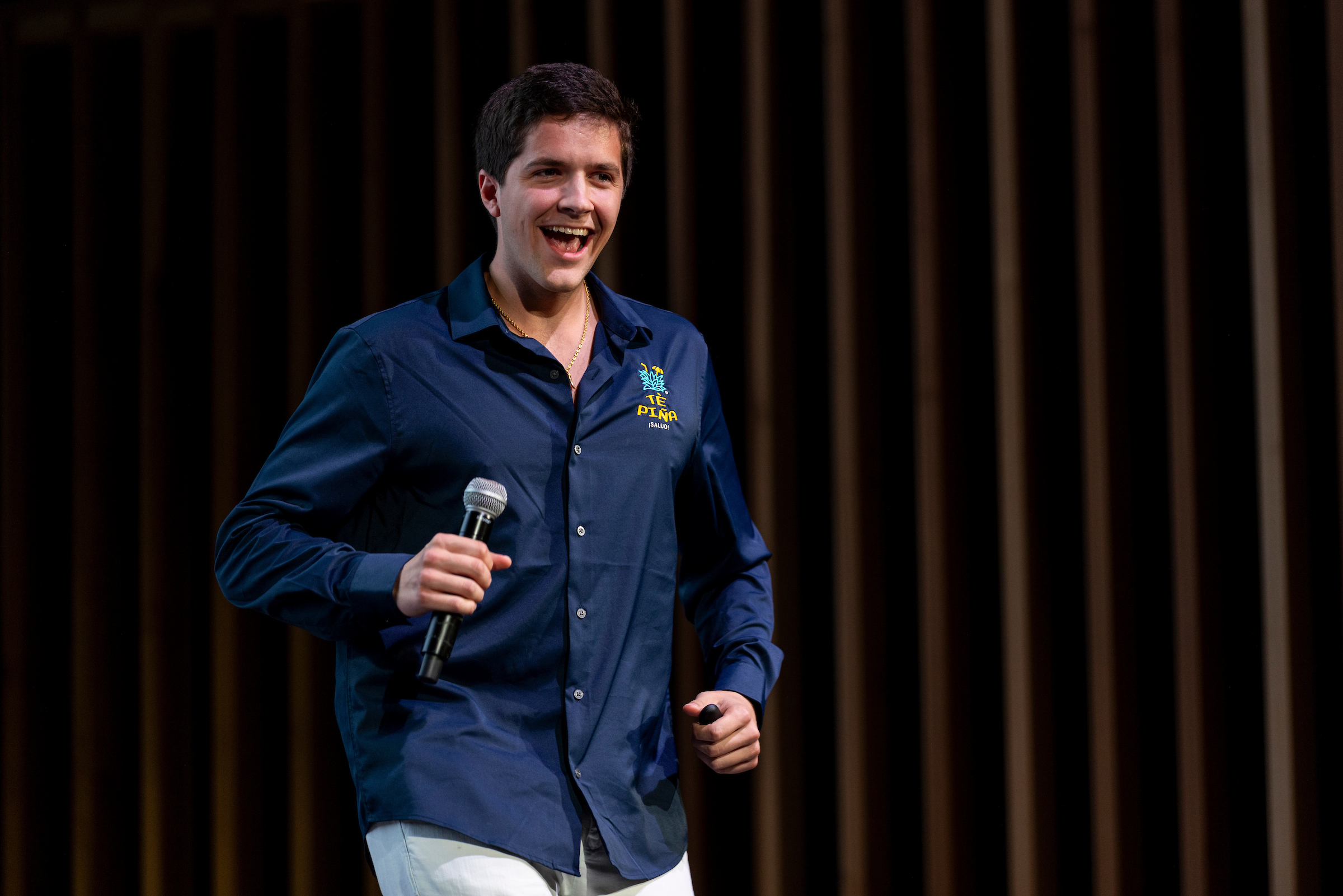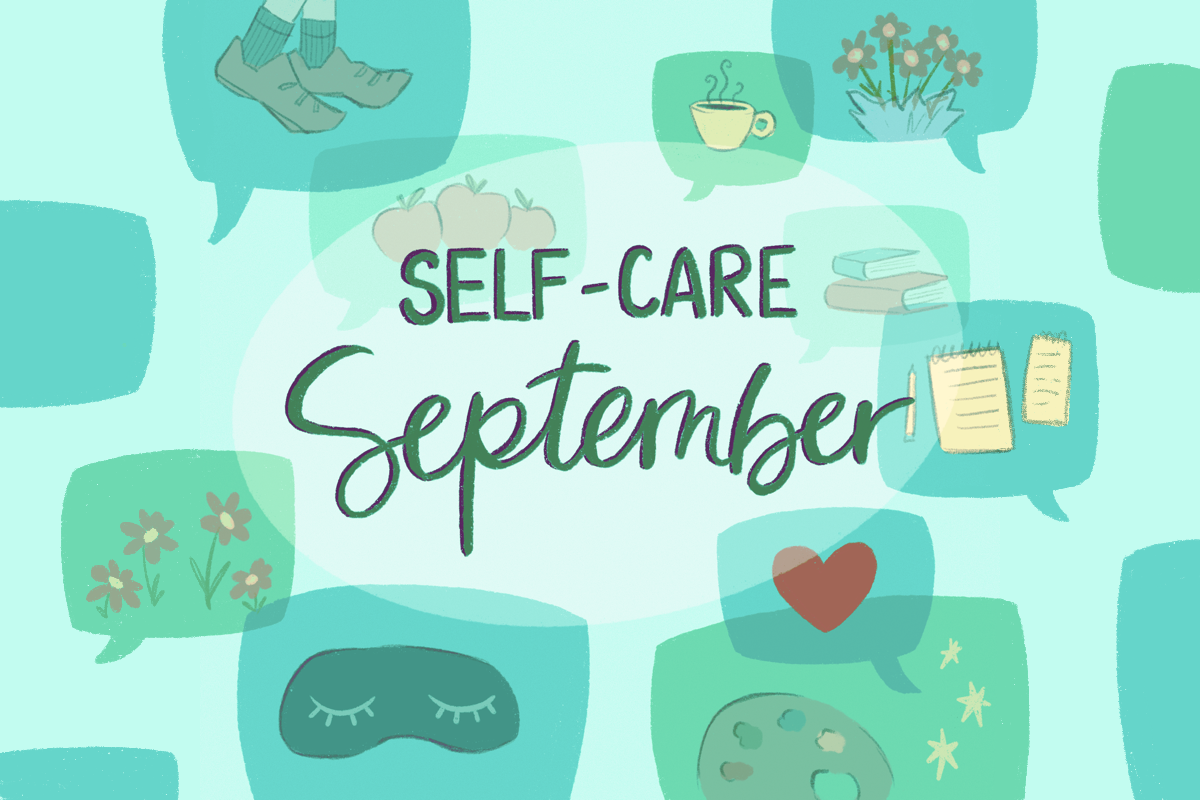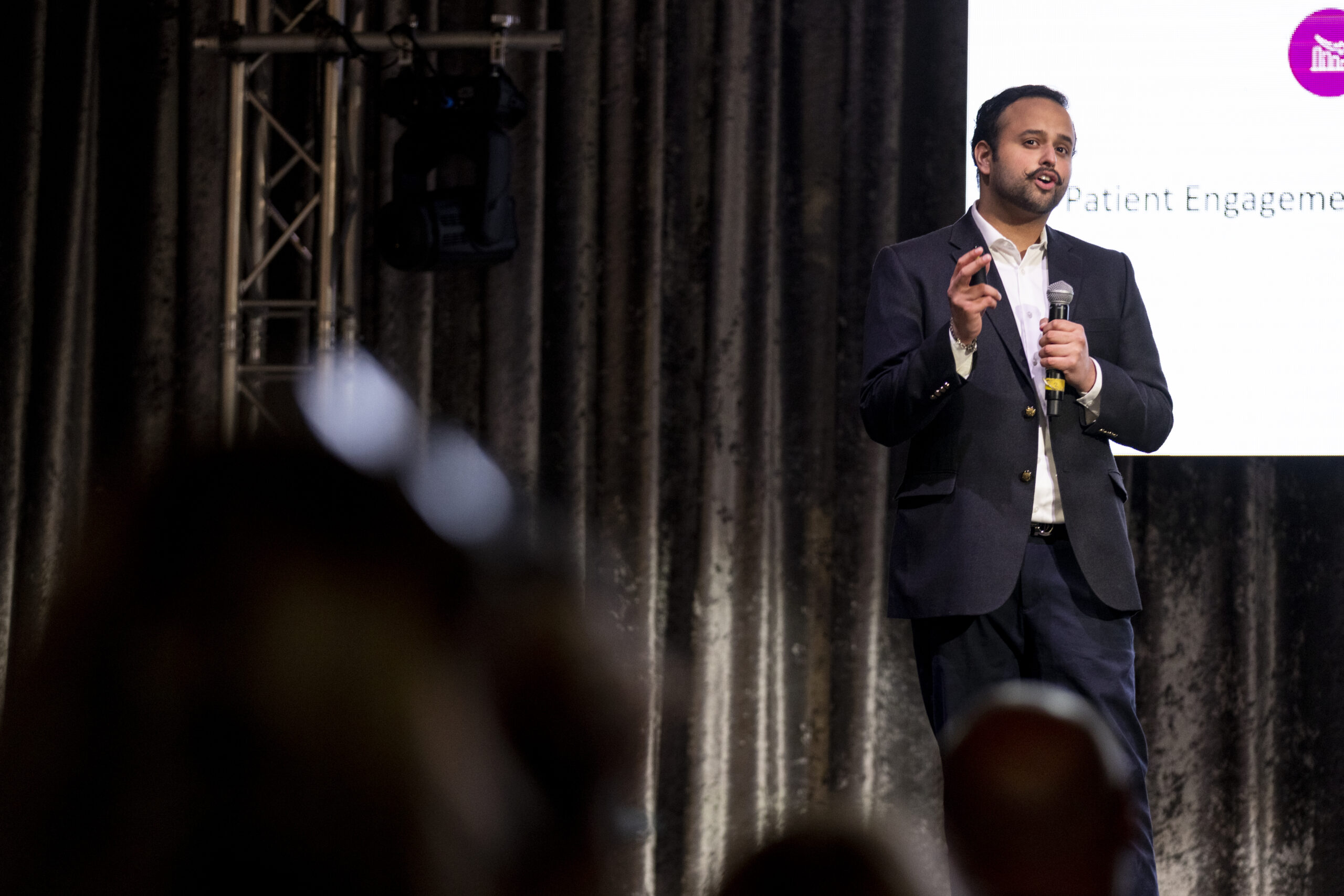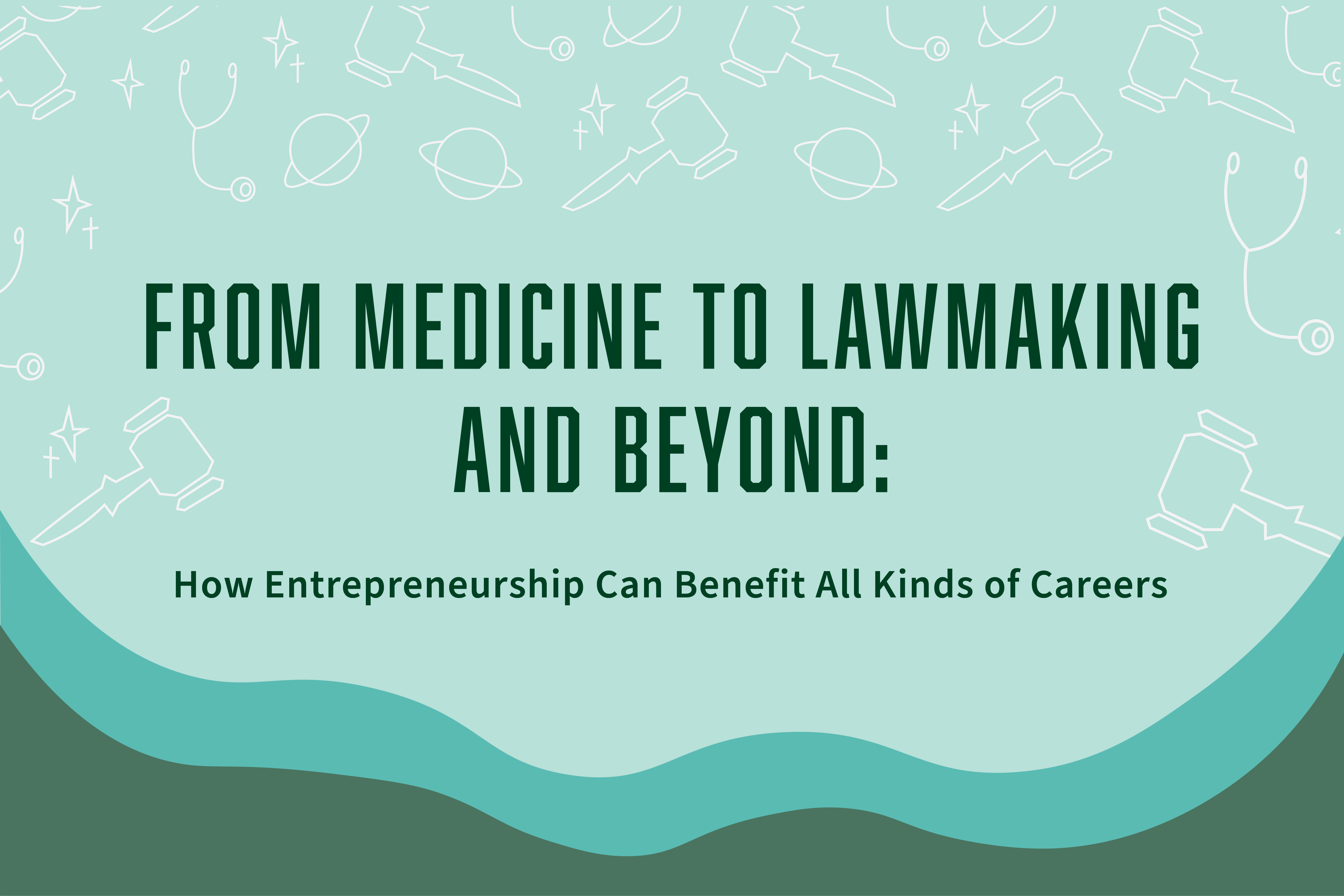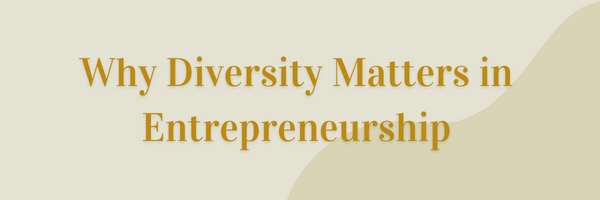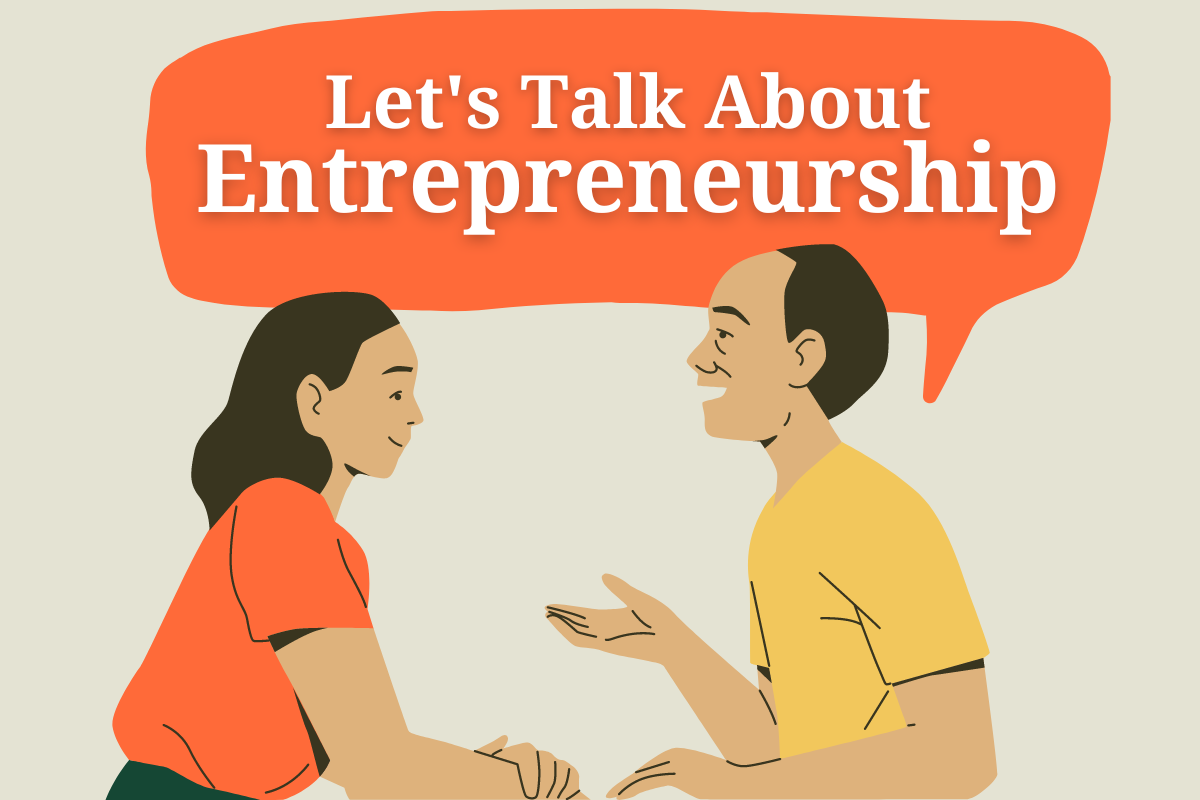Abstract: decrypting the past to encrypt the future of cybersecurity

Leaving the corridors of Google behind in February 2023, Colby DeRodeff made a bold move into the startup world with Abstract, a cybersecurity platform aimed at empowering enterprises to detect and thwart breaches.
Transitioning from the comfort of a tech giant to startup co-founder and CEO, DeRodeff’s commitment to safeguarding businesses from cyber adversity underscores his dedication to innovation and security in an ever-evolving landscape.
After working generally in the cybersecurity space for 11 years and acquiring valuable knowledge in the field, DeRodeff wanted to start his own company focused primarily on cybersecurity.
“This problem space is near and dear to my heart,” DeRodeff said. “I think there’s better ways to do cybersecurity these days than has been done in the past, and so I figured I’d give it a shot.”
Abstract boasts a team of 15 professionals spread across the globe. DeRodeff focuses primarily on technical aspects, while Ryan Clough, co-founder and chief product officer, oversees product development and engineering. They have an international go-to-market worker in London, another in Dubai for the Middle East and three team members in Colombia, handling development. The remainder of the team is based in the U.S. spread across New York, Atlanta, Texas, the Bay Area and San Luis Obispo.
“I think the reason customers tend to look to us is because we’ve been doing this for a long time, and we’ve seen a lot of the mistakes that have been made in the past,” DeRodeff said. “A lot of the newer companies that don’t have that experience are repeating some of the mistakes that we made back in 2005/2006, so we’re trying to take all those lessons learned and roll that into the cybersecurity platform that customers are looking for that’s going to leapfrog the current solutions that are out there now.”
Joining the CIE Incubator program in 2023, through the virtual track, has been invaluable to Abstract, DeRodeff said.
The CIE Incubator helps develop early-stage startups into financially secure and scalable enterprises. Entrepreneurs in the program are provided with mentorship, funding opportunities and other resources to develop their business.
“The sense of community and seeing the struggles other people are having also helps a lot with your own mental state as you’re doing this, because it’s pretty crazy and a lot of pressure,” DeRodeff said. “Being able to get out of the house and get into an open environment with lots of founders who are doing different things is super motivating.”
The program has connected Abstract with a diverse range of professionals who have played a pivotal role in guiding the startup through the intricacies of the landscape.
“Our lead mentor Jeff Erramouspe is great to work with. I think of our relationship as an accountability check,” DeRodeff said. “We’re running fast, and he reminds us to hold on, take a step back, and see if we actually did the things we knew we were supposed to do. It’s also a relationship where we collaborate on different ideas like go to market, sales and financials.”
Unlike many of the interactions in business, DeRodeff said he was pleasantly surprised and grateful with the CIEs staffs’ genuine willingness to assist without any hidden agendas.
DeRodeff recounted an instance when he used the wrong template for employment offers, causing issues with state laws. Unsure how to fix it, he turned to Judy Mahan, Cal Poly CIE Senior Economic Development Director, who promptly connected him with someone to revise the offer, ensuring compliance with California law and other state regulations. Notably, there were no hidden fees involved; DeRodeff explained how their sole intention was to provide genuine help—a rarity in his experience, he said, where most interactions come with ulterior motives.
When asked “what’s next for Abstract?” DeRodeff quickly replied “Well, a lot.”
Abstract has reached their minimum viable product (MVP) stage in their product design and are working on installing it with their design partners.
“It’s an interesting and tough process. We’re taking software that’s been developed in our labs and tested on our own systems, and now we’re trying to convince an enterprise customer to go install it into their environment. We can plan and plan, but when it gets to that day, there are things that happen that we couldn’t have planned for, so you have to readjust and go back to the drawing table.”
The startup is also planning the launch of the company and the general availability (GA) of their software in April. As the company keeps progressing and hitting new milestones, DeRodeff said it’s important to “celebrate the little victories” to maintain morale and momentum.
